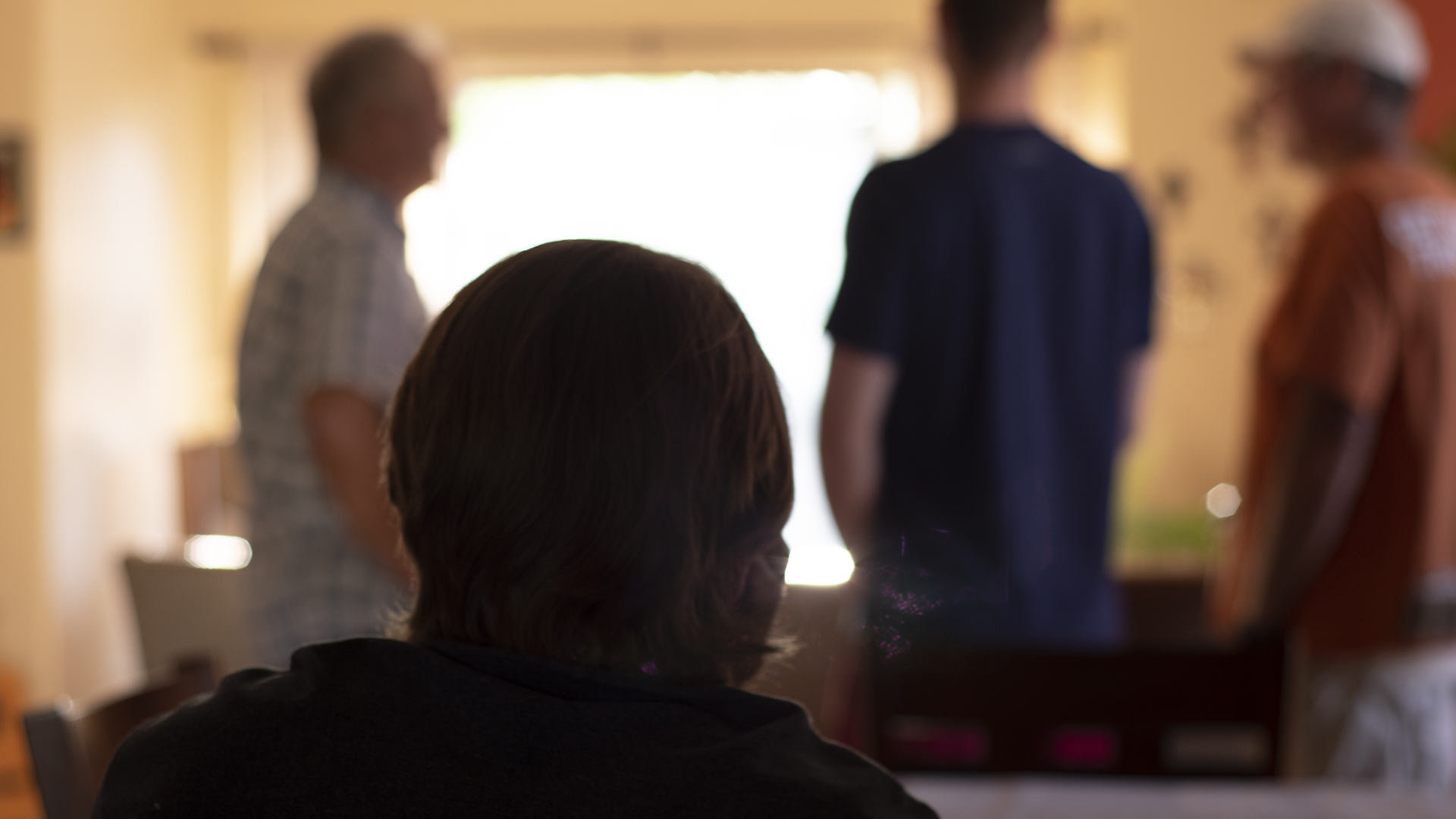
The Buzz for February 17, 2023

Arizona, like much of America, is dealing with a mental health crisis. Recent years have seen a surge in the need for people who can help others deal with issues ranging from addiction to suicidal ideation.
With this issue in mind, a nationwide helpline has been set up, allowing people to dial 988 to receive help through such crises, just like they would dial 911 for other kinds of emergencies.
Arizona has had such a system in place for years, just without the three-digit phone number.
“In 2016 the [Arizona] Department of Health Services moved their division of behavioral health services into [the Arizona Health Care Cost Containment System]," said CJ Loiselle, deputy assistant director with AHCCCS. "It was a merger. AHCCCS now oversees all behavioral health services, grant funded services, and crisis is a part of that network."
Loiselle said the line is intended to help people find a way through their crisis and learn what options for help are available.
"It will direct you to a crisis counselor who can start to work with you on what's going on and get you connected to the right services or even sometimes help you resolve the immediate issue right there on the phone."
Arizona adapted what it already had in place for the new 988 number, including contracting out the work of answering calls. Solari Crisis and Human Services is contracted to answer calls in the state.
And while people may equate 988 with emergencies as they do 911, the reasons people call vary.
“It could be going through a divorce, it could be thinking about suicide, it could be troubles at school," said Beth Brady, chief brand and development officer for Solari. "So we really want to hear from the caller what the crisis is in their own words and then do our best to help figure out how we can help support them."
The people who are offering that support are not just well-meaning volunteers or a kind voice.
"Before they come in the door, we're looking for someone with four-to-five years of experience in the mental health and/or crisis field," Brady said. "So maybe we have people who were case managers in an outpatient clinic or working in a hospital inpatient facility."
She said operators then go through weeks of training and shadowing experienced operators before they are put on calls with direct supervision.
The services offered to help people do not end when the phone is hung up or the in-person responders leave.
Samantha Larned gives us a look at services that can step in after the crisis line call.


By submitting your comments, you hereby give AZPM the right to post your comments and potentially use them in any other form of media operated by this institution.